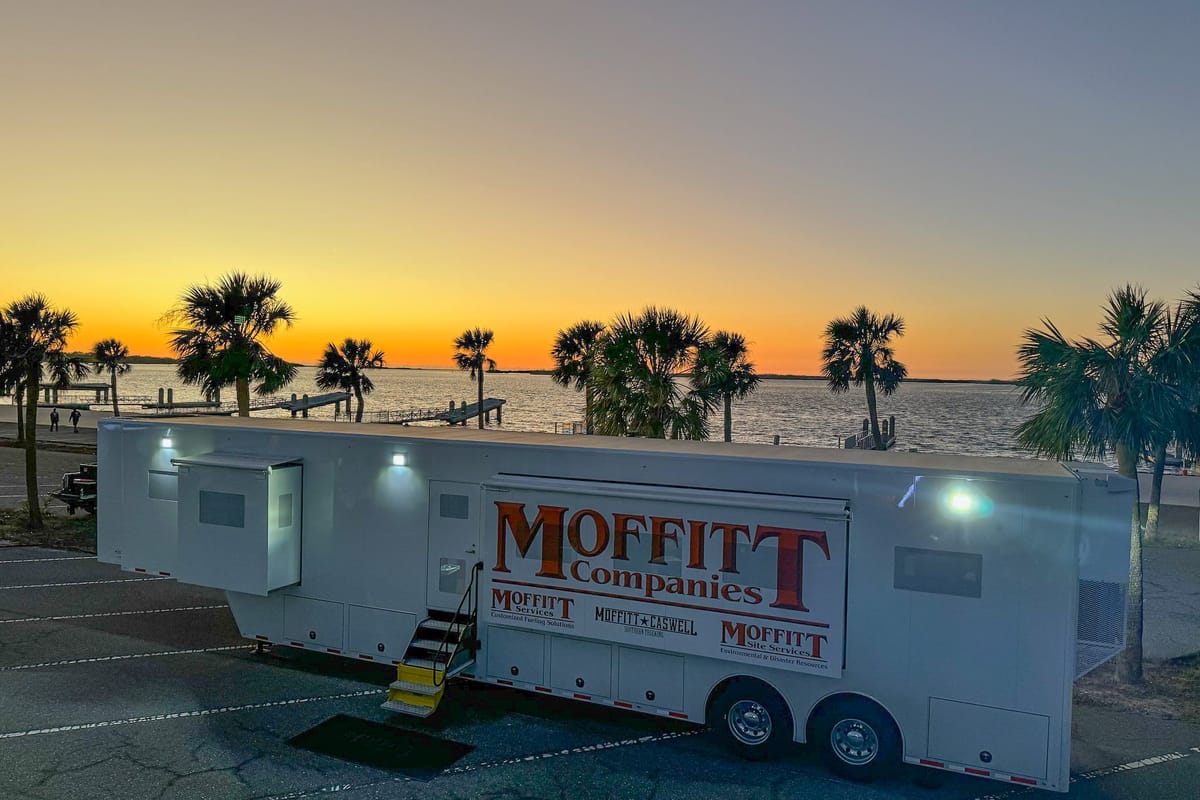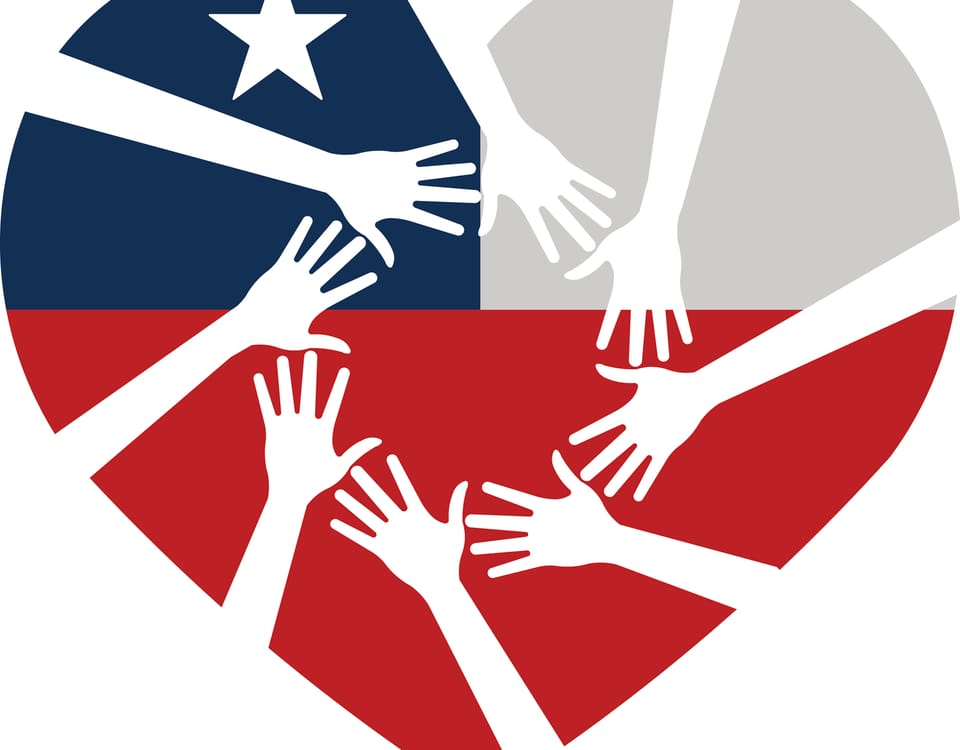
Hurricane season officially commenced on June 1st, 2025, and will continue through November 30th. As we enter this period of heightened vigilance on the Gulf Coast, Moffitt Services wants to ensure all businesses and communities possess the necessary information and resources for effective preparedness and response. Understanding the predictions and having a robust plan in place can significantly reduce the impact of these powerful natural events.
The Forecast for Hurricane Season 2025
Major weather affiliates have released their predictions for the 2025 Atlantic hurricane season, and many point towards above-average activity. NOAA’s Climate Prediction Center, for example, forecasts a 60% chance of an above-normal season, predicting a range of 13 to 19 total named storms. Of these, they anticipate 6 to 10 will become hurricanes, with 3 to 5 potentially reaching major hurricane status (Category 3, 4, or 5). AccuWeather echoes these concerns, predicting 13-18 named storms, with 7-10 hurricanes and 3-5 major hurricanes. Furthermore, they highlight the potential for rapid intensification of storms due to warmer-than-average ocean temperatures. Similarly, Colorado State University (CSU) released its June forecast, maintaining predictions of 17 named storms, with 9 hurricanes and 4 major hurricanes. These forecasts emphasize the need for proactive measures across the region.
The Names to Know for 2025
Meteorologists name tropical storms and hurricanes to aid communication and tracking. As the 2025 season progresses, we will hear these names if storms develop sufficient strength: Andrea, Barry, Chantal, Dexter, Erin, Fernand, Gabrielle, Humberto, Imelda, Jerry, Karen, Lorenzo, Melissa, Nestor, Olga, Pablo, Rebekah, Sebastien, Tanya, Van, and Wendy. Currently, we have already seen Tropical Storm Andrea form in late June, followed by Tropical Storm Barry. Staying aware of these names helps everyone track potential threats effectively.
Must-Have Items for Hurricane Season
Preparation is key for both civilians and commercial businesses. Proactive measures can mitigate risks and expedite recovery.
For Civilians:
- Water: Store at least one gallon per person per day for several days, for drinking and sanitation.
- Food: Keep a three-day supply of non-perishable food.
- Battery-powered or hand-crank radio: Stay informed if power outages occur.
- Flashlight and extra batteries: Ensure visibility during darkness.
- First aid kit: Address minor injuries.
- Whistle: Signal for help.
- Dust mask: Filter contaminated air.
- Plastic sheeting and duct tape: Shelter-in-place for protection.
- Wet wipes, garbage bags, and plastic ties: Maintain personal sanitation.
- Wrench or pliers: Turn off utilities.
- Manual can opener: Access canned food.
- Local maps: Navigate if electronic devices fail.
- Cell phone with chargers and a backup battery: Maintain communication.
For Commercial Businesses:
- Business Continuity Plan: Develop a comprehensive strategy for operations during and after a storm.
- Emergency Contact List: Keep essential personnel and vendor contacts readily available.
- Secure Important Documents: Back up digital data and store physical records in waterproof containers.
- Fuel Supply: Ensure generators and fleet vehicles have sufficient fuel reserves. Moffitt Services can assist with this.
- Generator Maintenance: Regularly test and maintain generators to ensure readiness.
- Boarding Supplies: Have plywood or shutters ready to protect windows and doors.
- Equipment Protection: Secure outdoor equipment and elevate critical machinery if flooding is a risk.
- Communication Devices: Provide satellite phones or two-way radios for reliable communication.
- Employee Safety Protocols: Establish clear evacuation routes and sheltering procedures for employees.
Your Disaster Response Partner
Moffitt Services stands ready to provide critical Disaster Response support to hurricane-impacted areas. We understand the immediate and evolving needs following a major storm. Our comprehensive capabilities ensure rapid and effective assistance to communities and businesses.
When a hurricane strikes, Moffitt Services rapidly deploys essential resources. We provide emergency fuel delivery for generators, critical infrastructure, and first responder fleets, ensuring continuous operations. Furthermore, our team offers site services, including debris removal, equipment mobilization, and temporary power solutions. We manage logistics for large-scale operations, transporting vital supplies and equipment to affected zones. Our expertise extends to establishing temporary command centers and providing on-site personnel support. We also provide water services, delivering potable water and managing wastewater. Moffitt Services’ specialized equipment, including fuel tankers, flatbed trucks, and mobile fueling units, allows us to reach even the most challenging locations. We also coordinate with local authorities and emergency management agencies, integrating seamlessly into broader relief efforts. Therefore, businesses and communities can rely on Moffitt Services to deliver critical support during these challenging times.
We urge everyone along the Gulf Coast to take hurricane season predictions seriously. Develop your preparedness plans now. Moffitt Services stands as your dedicated partner, ready to respond and help rebuild. Your safety and swift recovery remain our top priority.




